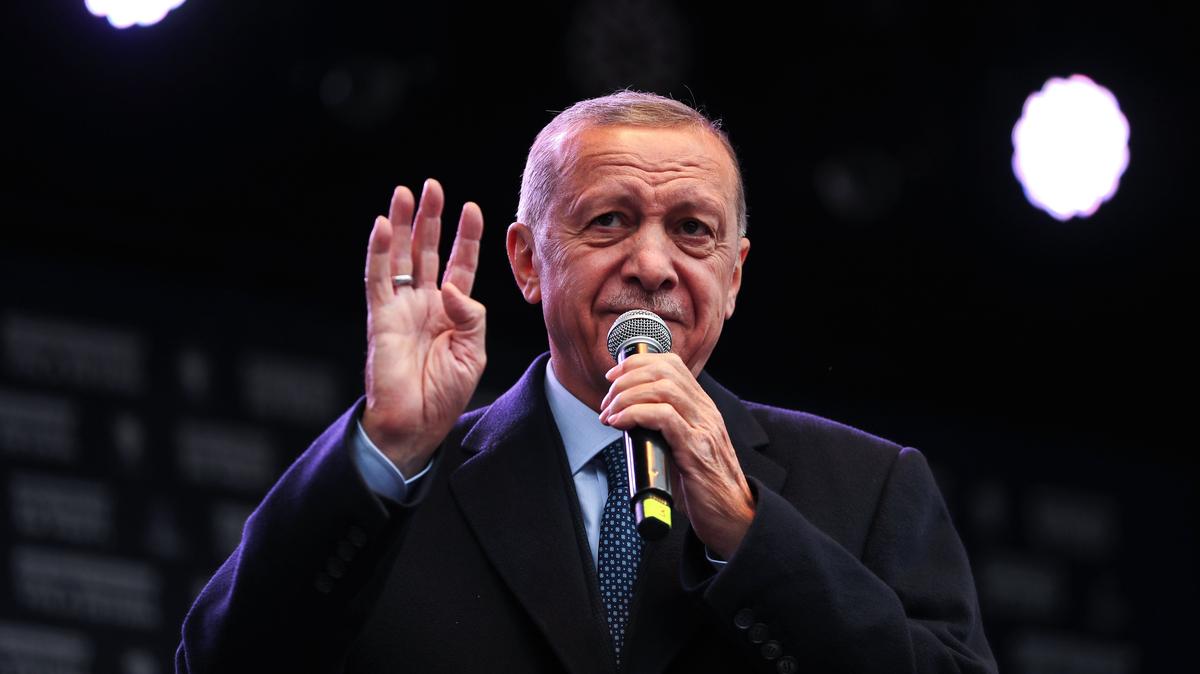For the first time in his twenty years in power, Turkish President Recep Erdoğan faces the risk of losing power in the coming elections. The ratings of Erdoğan and the united opposition candidate are almost equal, which means an imminent second round and attempts by the authoritarian leader to retain power with all available tools — falsifications, media control, suppression of protests.
Political scientist and Turkey expert Mehmet Yavuz explains how Erdoğan’s regime lost stability, what contribution the recent earthquakes in Turkey and Syria made to this process, and why in case the opposition wins the elections, their experience will be useful to other democratic movements in authoritarian countries.
The 2023 Turkish election that will take place on 14 May is a fork in the road for the future of democracy and the welfare of the country. After 21 years of Erdoğan rule, which became increasingly authoritarian, the united opposition has a real chance to vote out Erdoğan, who is now less popular among the public than ever. Almost all opinion polls suggest that the candidate of the united opposition, Kemal Kılıçdaroğlu, is in the lead.
However, small margins between Kılıçdaroğlu and Erdoğan in the polls, the regime’s repressive capacity, and its ability to capitalise on its past achievements through propaganda tools and intimidate opposition actors could also suggest that nothing is set in stone yet. The genesis and trajectory of Erdogan regime’s evolution give him a chance to hold onto power even in today’s complicated circumstances.
The rise and crack of autocracy
From 2002 to 2014, the Justice and Development Party (AKP) in Turkey underwent substantial changes from being a “conservative democratic party” to a radical right party that autocratised the institutions in the country. For the first five years, the AKP made substantial reforms and boosted economic development, moving Turkey closer to EU membership.
However, several factors led to the gradual autocratisation of the country. Firstly, the authoritarian tendencies of Erdoğan intensified as he stayed in power, which could have already been observed by the selectivity of EU accession process reforms, especially on any reform related to transparency and accountability of the state.
Secondly, a closure case against the party by illiberal judicial actors arguably incentivised Erdoğan to manipulate the judicial branch. Namely, chief prosecutor Abdurahham Yalçınkaya opened a case against the AKP in 2008, claiming it is the centre of anti-secular activities in Turkey and should be closed. While the indictment was ruled out by a vote of 6 against 5 in the constitutional court, it made Erdogan and AKP more aggressive towards the judicial branch.
Thirdly, attempts by opposition parliamentarians and high-level judges to block the presidential election of AKP’s candidate in 2007 was another İncentive for Erdoğan to restructure the judicial branch. Both the blocking of presidential candidates and the closure case also gave excuses for Erdoğan to argue that there are “tutelary” powers in Turkey that act as a barricade against further democratisation of the country.
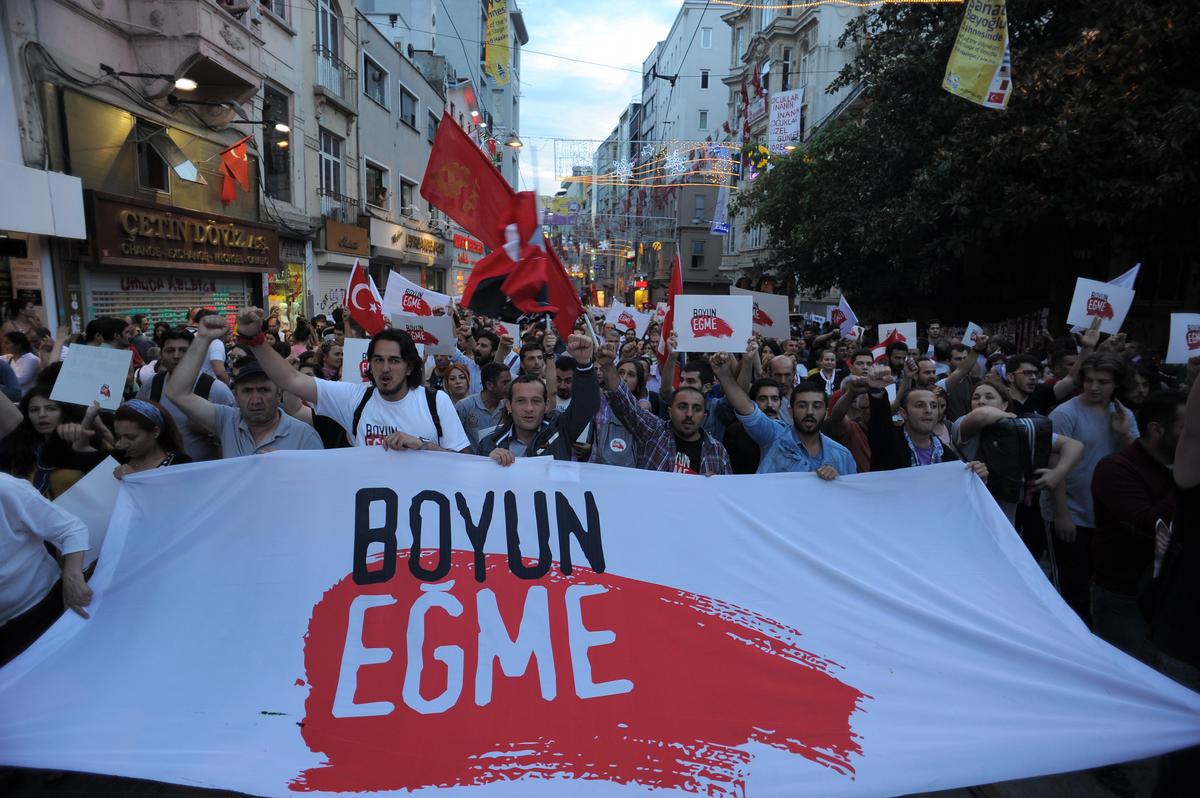
Each day protesters return to the square. Events of June 7, 2013. Photo by Wikimedia Commons, CC BY-SA 3.0
After a referendum in 2010 that provided the regime with maximum power in judicial appointments, Erdoğan started to control the media landscape through cronies and even engaged in physical repression of dissidents when thousands mobilised against him in the Gezi protests. The move towards a consolidated authoritarian regime became complete when Erdoğan managed to use a failed coup attempt to prosecute many dissidents (along with the people who were actually involved in the coup) in late 2016. It led to a referendum in April 2017 that helped Erdoğan transform the Turkish parliamentary regime into a presidential one and gave unlimited power to the executive, Erdoğan himself, at the expense of the legislative branch.
Paradoxically enough, after the presidential turn, the heyday of the regime started to diminish. With unlimited power in his hands, Erdoğan constantly re-appointed the head of the Central Bank and Minister of Finance to be able to push for lower interest rates. That led to a worsening economic situation in the country, amplified by inflation and currency crisis. From October 2017 to October 2022, inflation rose from 11% to 85%, while the USD-TRY exchange rate rose from 4.56 to 19.54, substantially affecting consumer prices and the country’s economic structure. Presidentialism had further negative effects on economic governance. For instance, through presidential decrees, Erdogan has been able to add restrictions to the capital flow regime, such as by forcing exporters to convert 40% of their export revenue to Turkish lira, which has been decreasing the incentives for export-oriented businesses.
Arguably, the economic crisis in the country had the most prominent effect on the urban areas. In the 2019 local elections, Erdoğan’s party lost mayorships to the main opposition party CHP in the two biggest cities of Turkey, Istanbul and Ankara. The catastrophic consequences of the earthquake in February 2023 highlighted the problems of corruption and the government’s inefficiency. The earthquake unveiled the schemes of cooperation between Erdoğan and main housing construction companies which have caused the unregulated construction of housing in the most affected areas, leading to an unprecedented amount of casualties.
These processes led to prominent public discussions and the rising opposition forces in the country, making the upcoming election highly contested.
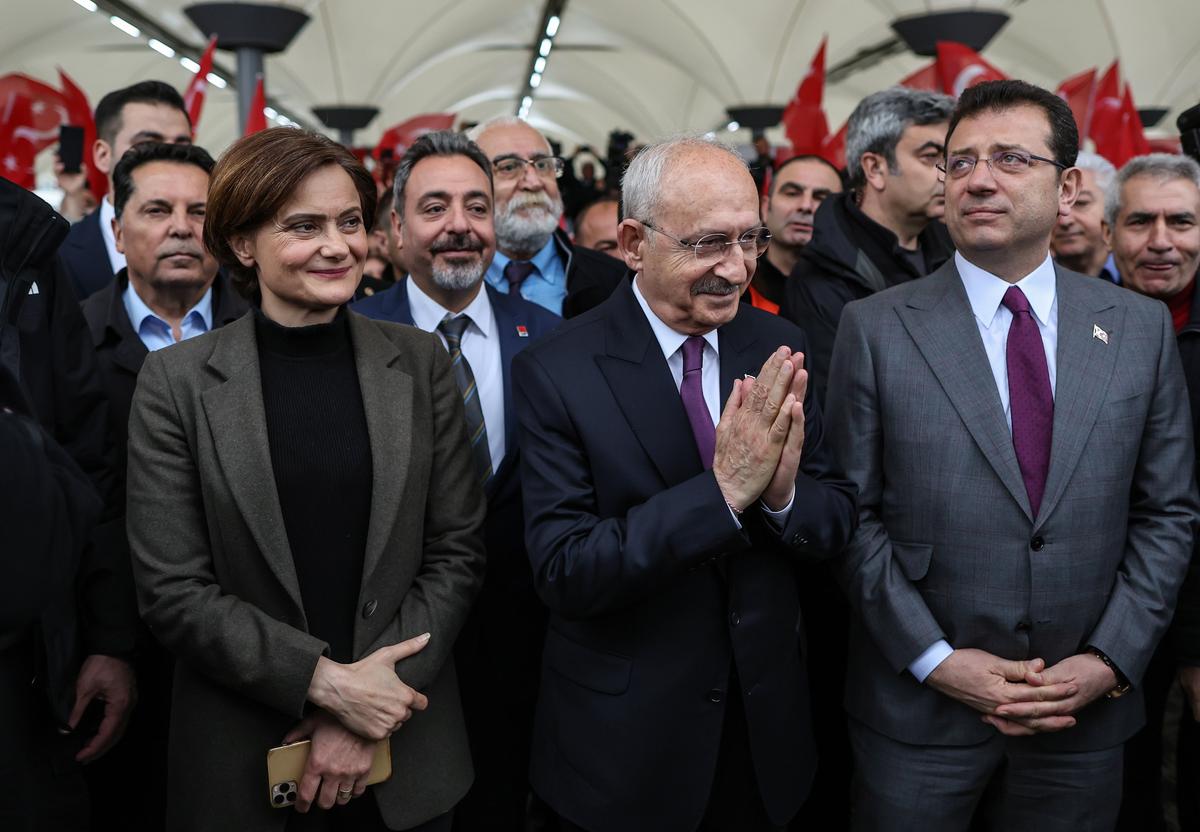
(L-R) Canan Kaftancioglu, Istanbul Provincial Chairperson of the Republican People's Party (CHP), CHP leader and Turkish presidential candidate Kemal Kilicdaroglu, and Istanbul Mayor Ekrem Imamoglu attend a public event in Istanbul, Turkey, 26 March 2023. Photo by EPA-EFE/ERDEM SAHIN
Unity vs. Mega Projects
Opposition parties in Turkey started to unite against the regime as the autocratisation of institutions intensified. Starting in 2018 and going up to six parties from centre-left to far-right by 2022, the opposition unified under the umbrella of “National Alliance” (initially the “Table of Six”) with the common goal of voting out Erdoğan. The opposition was able to unite thanks to the clear commitment of most opposition leaders to prioritise democratisation in the country over ideological issues, eventually leading to a clear “democracy-authoritarianism cleavage” in Turkish politics. The alliance nominated a former bureaucrat and a leader of Republican People’s Party (CHP), Kemal Kılıçdaroğlu, who transformed CHP into a European-style social democratic party. The nomination process was more elite-centred rather than reflecting public opinion, as Kılıçdaroğlu was much less popular among the public months before the election than İmamoğlu, mayor of Istanbul, as a potential candidate.
However, Kılıçdaroğlu is the only leader who has been able to unite so many different ideological groups together. In his electoral campaign since his nomination in February 2023, Kılıçdaroğlu has been emphasising issues that resonate with the people’s daily life, like market prices, lack of meritocracy in the country, and low wages. He also has been focusing on cultural and human rights issues, such as the rights and grievances of minority groups like Kurds and Alevis, as well as pious people who fear that a change in government would diminish their religious rights. If elected, Kılıçdaroğlu also promises better relations with neighbouring countries while calling for more cooperative behaviour from the Western players on the so-called “refugee” crisis. Kılıçdaroğlu also has been highlighting that rebuilding areas affected by earthquakes and providing free housing and local development will be a priority if he comes to power. The primary feature of Kılıçdaroğlu’s campaign is to unite voters with different political stances to vote Erdoğan out of power.
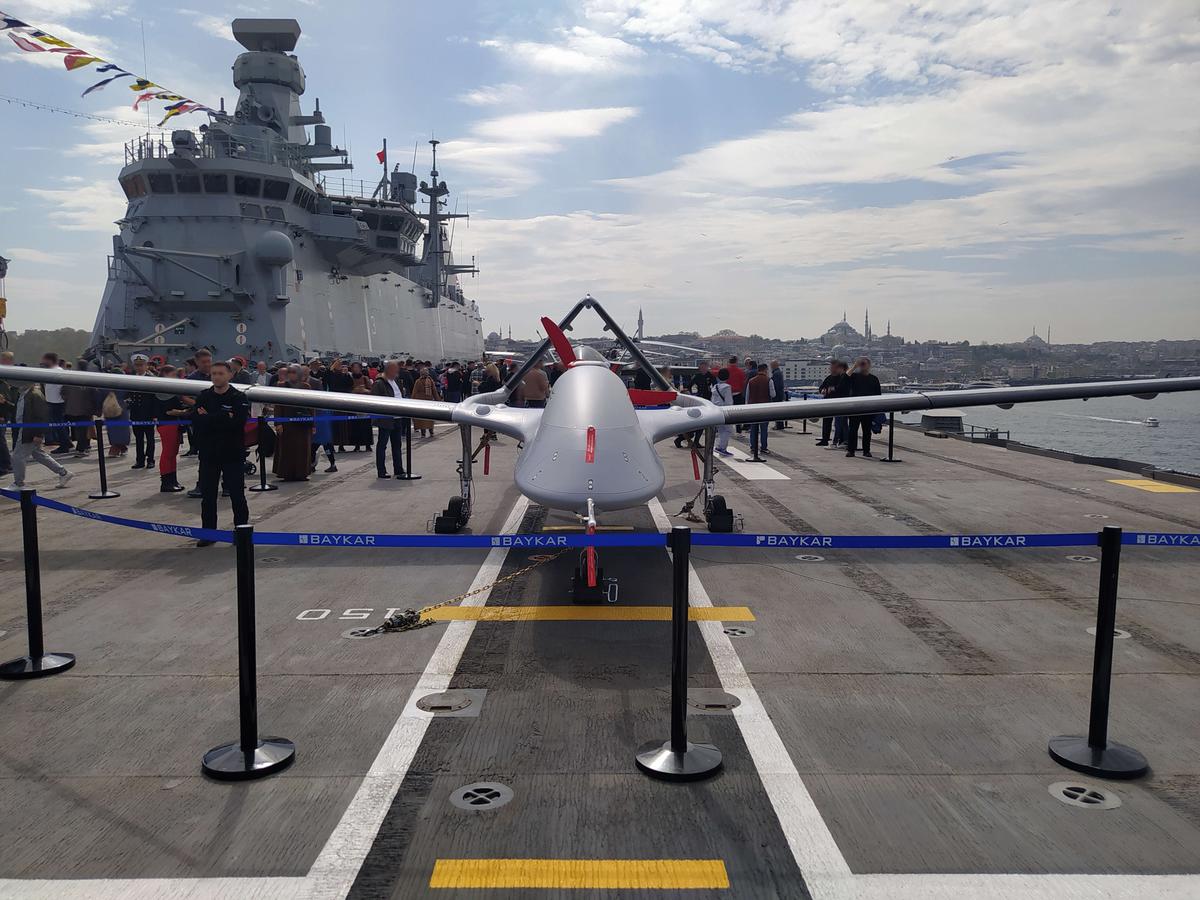
The Baykar Bayraktar TB3 UCAV designed to operate on TCG Anadolu has folding wings and a longer wingspan compared to the Bayraktar TB2. Photo by Wikimedia Commons, CC BY-SA 4.0
Erdoğan has utilised his control over state resources to strengthen his positioning in the upcoming elections. Amid the ongoing economic crisis, he has been trying to shift the public’s assessment of his rule from day-to-day economic issues to “mega projects” with a technological nationalist tone, by emphasising nationally produced cars and drones in his campaign as an achievement of his rule. Perhaps it was no coincidence that the annual “Technofest” of an NGO affiliated with drone manufacturer Baykar was moved from September to April, just a couple of months before the elections. Baykar’s CEO is Selçuk Bayraktar, Erdoğan’s son-in-law.
In addition to that, Erdoğan focuses on his past achievements to position himself in the eyes of the public as a credible good governor by highlighting the alleged 21-fold increase of average income under his rule. The current state of the economy does not stop him from making future promises, including housing projects for those affected by the earthquake and a 45% increase in public workers’ salaries, which aims to showcase to the low-income population that their welfare would be better off if he is re-elected.
Finally, a central element in his campaign has been the claim that the oppositional alliance is backed by alleged “enemies” of the country, including LGBTQI+ groups and the US. He even used a fake montage video in one of the rallies to claim that the PKK, a terrorist organisation that claims to fight for the autonomy and rights of Kurds in Turkey, supports opposition candidate Kılıçdaroğlu.
Nationalist cleavage and security forces on Erdogan's side
The electoral polls have been suggesting that opposition candidate Kılıçdaroğlu is leading the race by a small margin. According to the MetroPoll polling agency published in May, Kılıçdaroğlu is leading the race with 49.1%, with a 2.2 difference from Erdogan. This difference makes the results very far from clear.
First of all, electoral law requires that for the race to be finished in the first round, one candidate must gain an absolute majority. The existence of two additional candidates, Sinan Oğan and Muharrem İnce, with a predicted vote share of around 1.5 to 3% each, makes it seem unlikely that the election will be over in the first round. Although İnce withdrew his candidacy while this text was being written, he will still appear on the ballot. At the time of writing, he did not endorse any of the candidates, although he had a clear anti-Erdogan stance during his campaign.
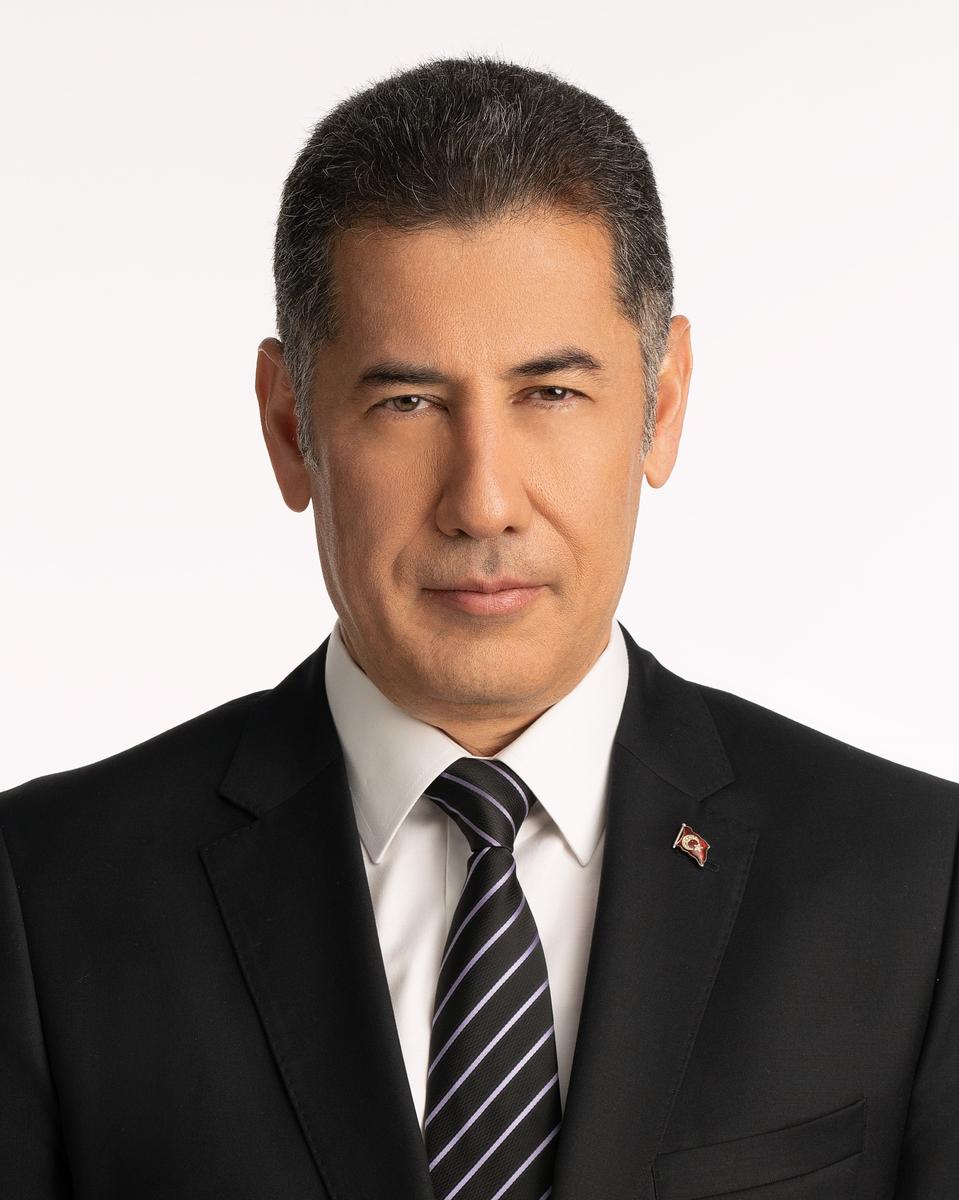
Sinan Oğan. Photo by Wikimedia Commons, CC BY-SA 4.0
Both Oğan’s and İnce’s supporters tend to be a marginal group of nationalist voters, claiming that they do not want to support Kılıçdaroğlu in the first round as the latter is endorsed by pro-Kurdish and left-wing People’s Democratic Party. This raises the question of whether Oğan and İnce will endorse Kılıçdaroğlu in the second round that will take place on 28 May and whether such endorsement will transfer all their votes to Kılıçdaroğlu. In this sense, the nationalist cleavage in Turkish politics could easily stave off the end of the Erdogan regime, at least in the first round.
Secondly, despite the very well-coordinated actions of the opposition coalition, it is hard to be sure of the integrity of the electoral process. The opposition is already organised with ballot-box attendants throughout the country, a team of lawyers, and a sophisticated system used to digitally follow the voting results alongside the official count.
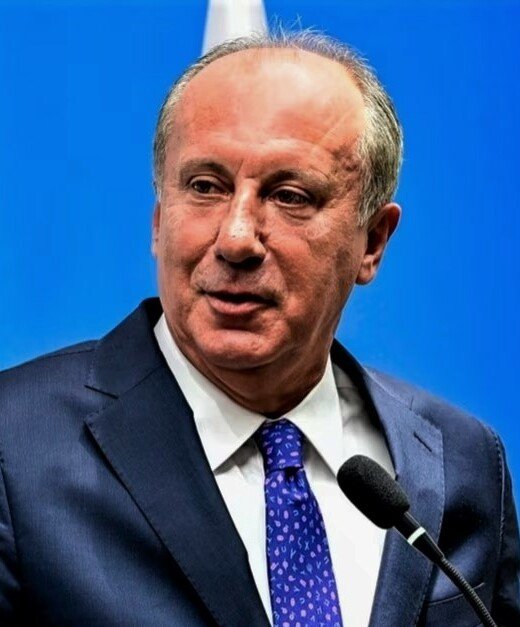
Muharrem İnce. Photo by Wikimedia Commons
However, the regime side seems that create space for fraudulent manoeuvres: approximately one week before the election Ministry of Internal Affairs (MIA) ruled that police and rural area soldiers (gendarme), two groups highly dominated by pro-Erdoğan servants will register the vote counts to their own system, although one day later Electoral Council (YSK), ruled out this decision. This potentially suggests a division between elites, as MIA tried to change the rules of the electoral process while YSK ruled it out.
Furthermore, electoral results are channelled through the state-run Anadolu Agency, which is controlled by Erdoğan’s allies. By portraying the incomplete picture of electoral results, the agency might try to manipulate public opinion to reinforce the vision that Erdoğan is leading in the elections. This can create a sense of defeat among opposition supporters, who might be less likely to mobilise in case of any electoral malpractice, thinking that the election is already over.
Not only Turkey’s future
The results of these elections really depend on the opposition’s ability to coordinate well during the election day, as well as in the run-off. A united opposition has all the chances to avoid Erdoğan using his authoritarian incumbent advantage.
If they keep focusing on the message of democracy and welfare, they can avoid nationalist cleavage taking over. Emphasising the future economic well-being of citizens and human rights issues at the core of their messages is crucial in between the two rounds. It is very likely that the election will go to a run-off, which will take place two weeks after the first round, so the opposition will have two more weeks to spread their messages.
Kılıçdaroğlu and his team can prevent electoral malpractices if they are organised well on election day. This means that the opposition must have attendants in each ballot box and that the aforementioned digital system that allows to compare voting results received from their attendants in ballot boxes and the official results must operate smoothly. According to the opposition leaders, both the attendants’ work and the operation of the system will be organised in both cities and villages.
Nonetheless, if Erdoğan loses, the strategies of the Turkish opposition could be a blueprint for other democrats under authoritarian circumstances around the world.
Join us in rebuilding Novaya Gazeta Europe
The Russian government has banned independent media. We were forced to leave our country in order to keep doing our job, telling our readers about what is going on Russia, Ukraine and Europe.
We will continue fighting against warfare and dictatorship. We believe that freedom of speech is the most efficient antidote against tyranny. Support us financially to help us fight for peace and freedom.
By clicking the Support button, you agree to the processing of your personal data.
To cancel a regular donation, please write to [email protected]
